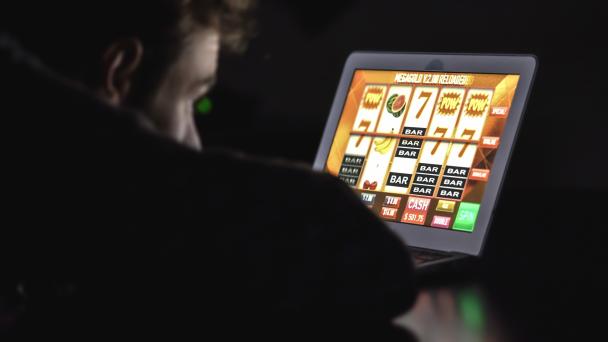Gambling participation and the prevalence of problem gambling survey


This report provides data from the second wave of the Gambling Survey for Great Britain (GSGB) following the completion of the experimental phase. This report outlines the response from the second wave along with information on gambling participation, behaviours and attitudes.
The aims of the GSGB are to:
63 percent (2,918) completed the survey online and 37 percent (1,732) completed a postal questionnaire
The GSGB uses a push-to-web approach, in which people are first encouraged to take part online, completing a web questionnaire. Those who do not initially take part online are subsequently offered an alternative means of participation. In the GSGB this alternative is a paper questionnaire, sent by post. This allows people who are not online or who do not feel willing or able to go online to take part.
Inviting people to take part in the GSGB involved randomly selecting addresses within Great Britain, known as random probability sampling.
Dr Heather Wardle (University of Glasgow)

 Report
Report
 Press release
Press release

Receive a regular update, sent directly to your inbox, with a summary of our current events, research, blogs and comment.
Subscribe